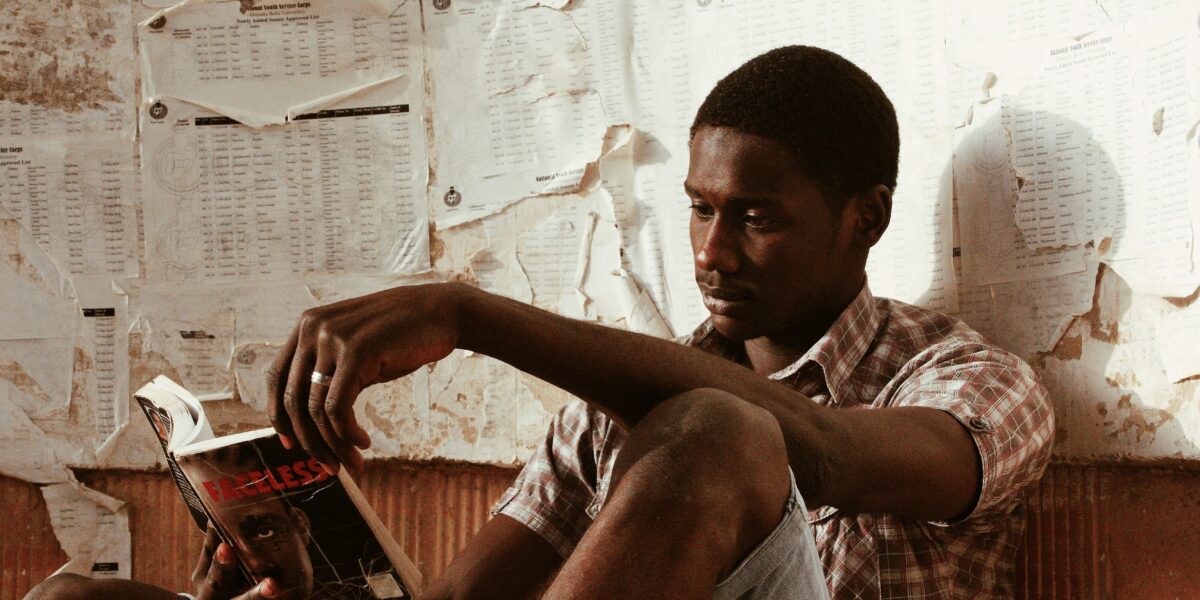Crisis of African Nations
Northern Africa
-
Algeria – Algerian Civil War (1991–2002), Black Decade (Islamist insurgency)
-
Egypt – Arab Spring protests (2011), Military coup (2013)
-
Libya – Civil War (2011), Second Civil War (2014–2020)
-
Morocco/Western Sahara – Western Sahara Conflict (1975–present)
-
Sudan – Darfur Genocide (2003–present), Sudanese Revolution (2018–2019), 2023 Sudan Civil War
-
Tunisia – Arab Spring (2011), political assassinations (2013)
West Africa
-
Benin – Post-election crisis (2019)
-
Burkina Faso – Coups (1962, 2022), Islamist insurgency
-
Cape Verde – Stable democracy (no major crises)
-
Côte d’Ivoire – Civil Wars (2002–2007, 2010–2011)
-
Gambia – Political crisis (2016–2017)
-
Ghana – Military coups (1966, 1972, 1979, 1981)
-
Guinea – Coups (2008, 2021), repression under Sékou Touré
-
Guinea-Bissau – Multiple coups (1980, 1998, 2003, 2012, 2022)
-
Liberia – Civil Wars (1989–2003)
-
Mali – Military coups (2012, 2020, 2021), Islamist insurgency
-
Mauritania – Coups (1978, 2005, 2008)
-
Niger – Coups (1996, 1999, 2010, 2023), Islamist violence
-
Nigeria – Civil War (1967–1970), Military coups (1966, 1975, 1983, 1985, 1993, 1998), Boko Haram insurgency
-
Senegal – Casamance conflict (1982–present)
-
Sierra Leone – Civil War (1991–2002)
-
Togo – Dictatorship under Gnassingbé Eyadéma (1967–2005), contested elections
Central Africa
-
Angola – Civil War (1975–2002)
-
Cameroon – Anglophone Crisis (2016–present)
-
Central African Republic – Civil Wars (2004–2007, 2012–present)
-
Chad – Civil Wars (1965–1982, 2005–2010), coup attempts
-
Democratic Republic of the Congo – Congo Crisis (1960–1965), First and Second Congo Wars (1996–2003), Kivu conflict (2004–present)
-
Republic of the Congo – Civil Wars (1993–1994, 1997–1999)
-
Equatorial Guinea – Repression under Teodoro Obiang (since 1979)
-
Gabon – Coups (1964, 2023)
-
São Tomé and Príncipe – Attempted coup (2003)
East Africa
-
Burundi – Civil War (1993–2005), Ethnic massacres (1972, 1993)
-
Comoros – Multiple coups (1975, 1978, 1999, 2008)
-
Djibouti – Civil War (1991–1994)
-
Eritrea – War of Independence (1961–1991), dictatorship under Isaias Afwerki
-
Ethiopia – Red Terror (1977–1978), Civil War (2020–2022)
-
Kenya – Post-election violence (2007–2008)
-
Madagascar – Political crises (2002, 2009)
-
Malawi – Protests against dictatorship (1992–1994)
-
Mauritius – Stable democracy
-
Mozambique – Civil War (1977–1992), Islamist insurgency (2017–present)
-
Rwanda – Genocide (1994)
-
Seychelles – Coup (1977)
-
Somalia – Civil War (1991–present), Al-Shabaab insurgency
-
South Sudan – Civil War (2013–2018)
-
Tanzania – Zanzibar Revolution (1964)
-
Uganda – Idi Amin dictatorship (1971–1979), Lord’s Resistance Army conflict
Southern Africa
-
Botswana – Stable democracy
-
Eswatini (Swaziland) – Protests against monarchy (2021)
-
Lesotho – Coups (1986, 1991, 1994, 2014)
-
Malawi – Political unrest (2019)
-
Namibia – War of Independence (1966–1990)
-
South Africa – Apartheid (1948–1994), Xenophobic violence
-
Zambia – One-party rule (1972–1991), Political repression
-
Zimbabwe – Land reform crisis, Economic collapse under Mugabe (2000s)
Timeline of Independence
Northern Africa
-
Algeria – 1962 (from France)
-
Egypt – 1922 (from Britain)
-
Libya – 1951 (from Britain and France)
-
Morocco – 1956 (from France and Spain)
-
Sudan – 1956 (from Britain and Egypt)
-
Tunisia – 1956 (from France)
West Africa
-
Benin – 1960 (from France)
-
Burkina Faso – 1960 (from France)
-
Cape Verde – 1975 (from Portugal)
-
Côte d’Ivoire (Ivory Coast) – 1960 (from France)
-
Gambia – 1965 (from Britain)
-
Ghana – 1957 (from Britain)
-
Guinea – 1958 (from France)
-
Guinea-Bissau – 1973 (from Portugal)
-
Liberia – 1847 (founded by freed American slaves)
-
Mali – 1960 (from France)
-
Mauritania – 1960 (from France)
-
Niger – 1960 (from France)
-
Nigeria – 1960 (from Britain)
-
Senegal – 1960 (from France)
-
Sierra Leone – 1961 (from Britain)
-
Togo – 1960 (from France)
Central Africa
-
Angola – 1975 (from Portugal)
-
Cameroon – 1960 (from France, British-administered part joined in 1961)
-
Central African Republic – 1960 (from France)
-
Chad – 1960 (from France)
-
Democratic Republic of the Congo – 1960 (from Belgium)
-
Equatorial Guinea – 1968 (from Spain)
-
Gabon – 1960 (from France)
-
Republic of the Congo – 1960 (from France)
-
São Tomé and Príncipe – 1975 (from Portugal)
East Africa
-
Burundi – 1962 (from Belgium)
-
Comoros – 1975 (from France)
-
Djibouti – 1977 (from France)
-
Eritrea – 1993 (from Ethiopia)
-
Ethiopia – Never colonized (recognized in 1941)
-
Kenya – 1963 (from Britain)
-
Madagascar – 1960 (from France)
-
Malawi – 1964 (from Britain)
-
Mauritius – 1968 (from Britain)
-
Mozambique – 1975 (from Portugal)
-
Rwanda – 1962 (from Belgium)
-
Seychelles – 1976 (from Britain)
-
Somalia – 1960 (from Britain and Italy)
-
South Sudan – 2011 (from Sudan)
-
Tanzania – 1961 (Tanganyika from Britain), 1964 (Zanzibar and Tanganyika merged)
-
Uganda – 1962 (from Britain)
-
Zambia – 1964 (from Britain)
Southern Africa
-
Botswana – 1966 (from Britain)
-
Eswatini (Swaziland) – 1968 (from Britain)
-
Lesotho – 1966 (from Britain)
-
Namibia – 1990 (from South Africa)
-
South Africa – 1910 (from Britain, full sovereignty in 1961)
-
Zimbabwe – 1980 (from Britain)
Africa’s journey to independence was marked by resilience, struggle, and sacrifice. While many nations have overcome colonial rule, the challenges of political instability, civil wars, and democratic setbacks continue to shape the continent’s progress. Understanding these historical conflicts is crucial for building a future of peace, stability, and economic growth. As Africa moves forward, learning from the past can pave the way for stronger democracies and a more prosperous continent.

